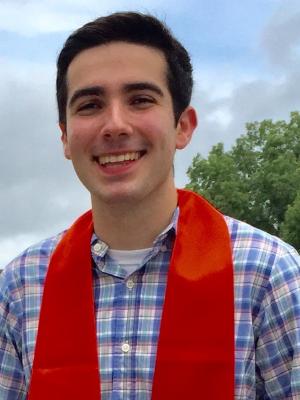
Molecular Theranostics, Bioengineering, Radiation Oncology
B.S., Molecular and Cellular Biology,
University of Illinois at Urbana-Champaign, 2020
Stanley graduated from the University of Illinois at Urbana-Champaign in May 2020 with a B.S. in Molecular and Cellular Biology. During his time there, he was part of the Experimental Molecular Imaging Laboratory, where he focused on the development and characterization of a nanoparticle-based imaging agent targeted at the receptor for advanced glycation end-products (RAGE). His interests in oncology, imaging, and molecular theranostics led him to pursue a fellowship at the National Cancer Institute to focus on developing new vehicles for early diagnosis and treatment of cancer. As part of the laboratory of molecular radiotherapy, he focused on designing, synthesizing, and characterizing novel single-domain antibody (nanobody) and peptide-based imaging probes for liver cancer.
As a student in the OxCam program, Stanley will continue his work on developing diagnostic and therapeutic agents for cancer, exploring more closely the radiobiological pathways activated, manipulating them to maximize therapeutic efficacy, and identifying opportunities for synergy.
Dr. Freddy Escorcia (NCI) and
Prof. Katherine Vallis (Oxford)
As a student in the OxCam program, Stanley will continue his work on developing diagnostic and therapeutic agents for cancer, exploring more closely the radiobiological pathways activated, manipulating them to maximize therapeutic efficacy, and identifying opportunities for synergy.


